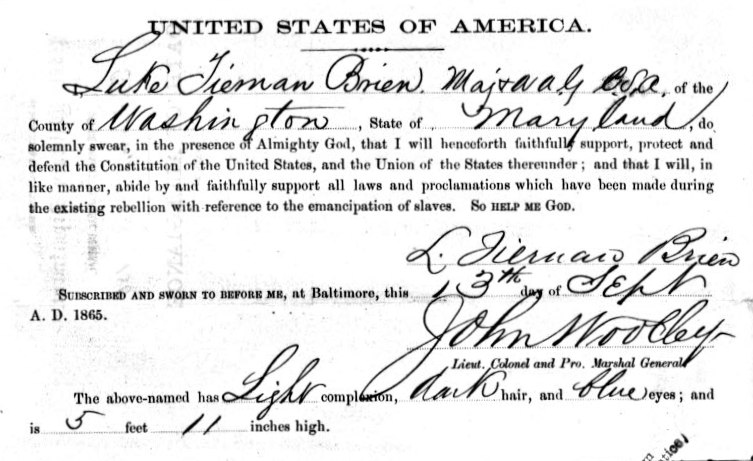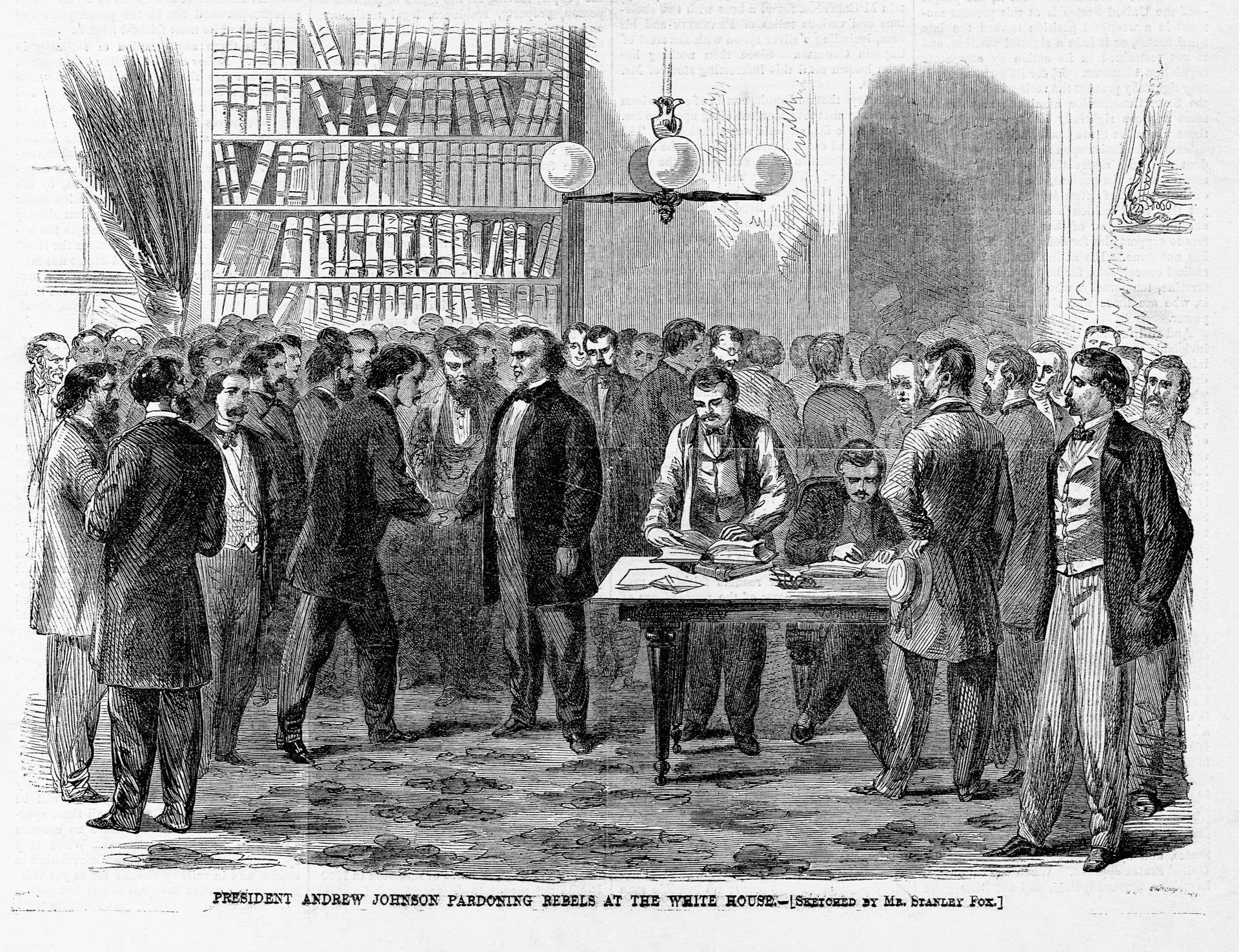

However, Lincoln drew the line at supporting a package of compromises sponsored by Senator John J. In demonstrating his intent, the President even supported a thirteenth amendment then passed by Congress that would guarantee slavery in the existing slave states. He tried to reiterate his campaign promise that he would take no actions as President to impair or limit slavery in those states where it existed. Lincoln passed the time between the Montgomery convention and his inauguration in public silence while sending private messages to Congress and key military officers. To exercise revolution with no moral cause to justify it is "simply a wicked exercise of physical power." Most Northerners agreed with Lincoln that secession amounted to an unconstitutional act of treason. What rights, freedoms, or liberties were being trampled underfoot by his election? The South still enjoyed all the constitutional freedoms they had always enjoyed. The right of revolution, he argued, is not a legal right but a moral right that depends upon the suppression of liberties and freedoms in order for it to be justified.

To those Southerners who claimed the right of revolution to justify secession-just like the founding fathers had revolted against England-Lincoln answered with a legalistic distinction rooted in common sense. He claimed that the states had accepted unconditionally the sovereignty of the national government with the ratification of the Constitution.

Lincoln denied that the states had ever possessed independent sovereignty as colonies and territories. Most Northerners saw the Union as something permanent, a perpetual Union, as a "more perfect Union" than the one operating under the Articles of Confederation. Any state at any time could withdraw from the compact with the other states. In this perspective, each state individually had agreed to allow the national government to act as its agent without ever relinquishing fundamental sovereignty. The Southern position assumed that the United States was a compact of Southern states. Davis's inaugural address emphasized secession as a peaceful move that rested upon the consent of the governed to alter or abolish forms of government that were destructive to their freedoms and interests. Alexander Stephens, a moderate Georgia Whig who had become a Democrat, was named vice president. senator who had been the secretary of war in the Pierce administration. Davis was a Mississippi slaveowner and U.S. Passing over the most radical Southern secessionists, the convention named Jefferson Davis as president of the new nation. The Confederate constitution supported states' sovereignty, guaranteed the perpetual existence of slavery in the states and territories, prohibited Congress from enacting a protective tariff and giving government aid to internal improvements, and limited the presidential term to six-years. They drafted and passed a constitution that was similar to the U.S. Delegates from these states met in Montgomery, Alabama, and formed the Confederate States of America. Between the time of his election in November and his inauguration in March of 1861, seven states from the lower South seceded from the Union. Abraham Lincoln's presidential campaign victory lit the fuse that would explode into the Civil War.


 0 kommentar(er)
0 kommentar(er)
